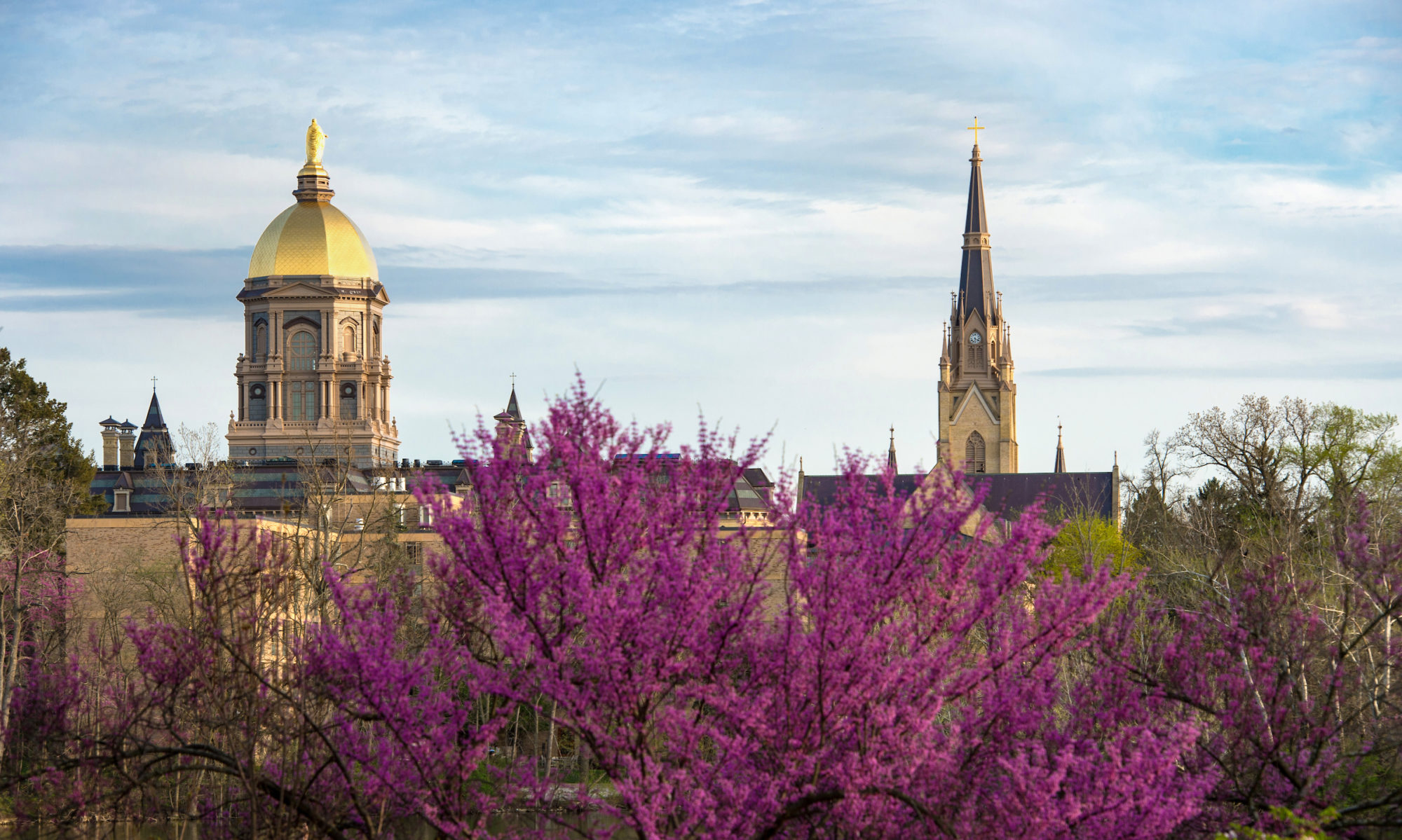 Despite her 85 years, Sr. Katherine Seibert, M.D., ’67 M.S., ’73 PhD continues to practice medicine. An oncologist and internal medicine practitioner, Dr. Seibert — until recently — spent two days a week at Hudson River HealthCare in New York’s Hudson River Valley, an area now regarded as the epicenter of the COVID-19 pandemic in the United States.
Despite her 85 years, Sr. Katherine Seibert, M.D., ’67 M.S., ’73 PhD continues to practice medicine. An oncologist and internal medicine practitioner, Dr. Seibert — until recently — spent two days a week at Hudson River HealthCare in New York’s Hudson River Valley, an area now regarded as the epicenter of the COVID-19 pandemic in the United States.
After taking her vows in 1954, Seibert taught as a young nun. In the 1960s, Notre Dame offered a teacher training program, which she attended in the summers and, after five years, earned her master’s in biology in 1967. After graduation, Rev. James Doll, C.S.C. ’42, who Seibert had met through their work at Notre Dame’s LOBUND Laboratories, had asked her to stay, but it wasn’t until the fall of 1968 when she returned to pursue a doctorate in microbiology.
During her nights in Lewis Hall, Seibert struggled to sleep as her thoughts were occupied by people struggling with cancer. She knew she could serve those people more effectively in the medical field, so just before completing her PhD, she approached her superior about attending medical school. Three years later, she graduated from Creighton with intentions to pursue oncology.
Following medical school, she trained at the National Cancer Institute and St. Jude’s Hospital in Memphis. After serving as chief of medical oncology at several hospitals in New York City, she was recruited to develop an oncology program in Sullivan County, New York, where there had been no cancer services previously. She also spent time in Billings County, North Dakota, setting up an oncology program there.
Ultimately, she moved to internal medicine when her sister became ill and has served as an internist at Hudson River HealthCare since 2007. Founded in the early 1970s by four women in the basement of a church to address the lack of accessible and affordable health care services in Peekskill, New York, HRHCare now serves 10 counties in the Hudson Valley and Long Island and treats not only the insured, but the uninsured and undocumented, regardless of their ability to pay.

 Imagine you are charged with the health and safety of more than 100 students studying abroad, a formidable job under normal circumstances. Then imagine that a rapidly spreading mystery virus with no vaccine or cure that you thought was half a world away is suddenly on your doorstep.
Imagine you are charged with the health and safety of more than 100 students studying abroad, a formidable job under normal circumstances. Then imagine that a rapidly spreading mystery virus with no vaccine or cure that you thought was half a world away is suddenly on your doorstep. Abby Heck is a junior on the women’s golf team, hailing from Memphis, Tenn. Below is an excerpt of
Abby Heck is a junior on the women’s golf team, hailing from Memphis, Tenn. Below is an excerpt of